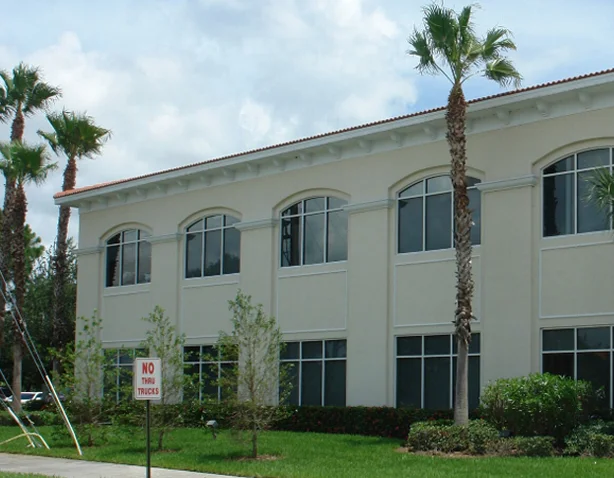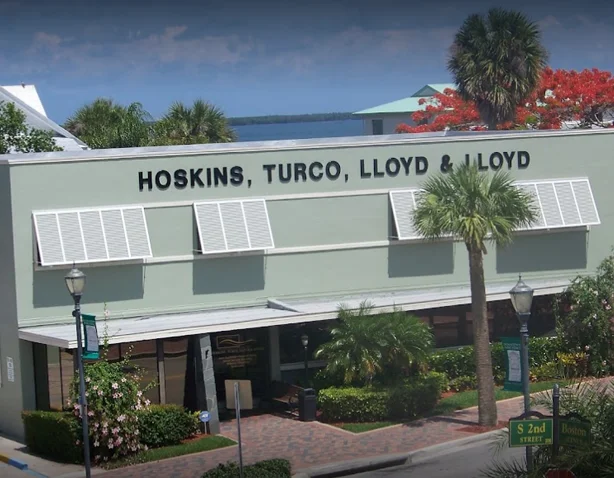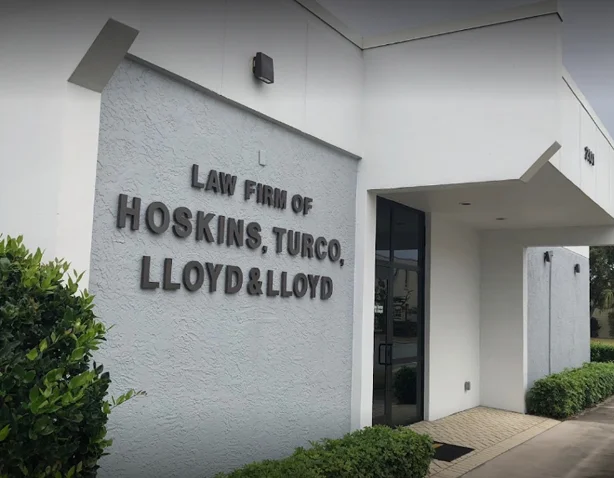New Year’s Eve is just around the corner. For many people on the Treasure Coast, the holiday is a time
Safe Driving Posted on Sep 15, 2015

Let’s face it—Florida is a rainy state, and, as the phrase goes here, “If you don’t like the weather, wait 15 minutes and it will change.” Rain causes thousands of car accidents each year in Florida, and rain is especially dangerous when there are heavy, pouring down rainstorms. You’ve probably even said out loud, “People forget how to drive when it rains.”
In inclement weather, drivers often fail to take the proper steps required by law. For example, under Florida law, drivers are required to turn on their headlights when it is raining. Turning on headlights increases visibility on the roads, which is a critical aspect of safe driving in the rain. Motorcycle riders are always required to have their lights on regardless of the time of day or weather conditions. However, one of the most misconceived notions of driving in the rain is that putting hazard flashers on increases visibility and overall safety. Not only does this behavior create hazards, but most motorists do not realize that it is actually against the law.
In Florida, the law forbids drivers “with the exception of police, fire, and other officials,” from using flashing lights unless the driver is pulled over to the side of the road, or the vehicle has stalled—essentially, hazard lights are only permissible when the vehicle is stationary. In this context, hazard lights can be a valuable tool to alert other drivers of your presence while signaling that you may need help. As Boca Raton police spokesperson Marc Economou states, “When you see somebody with their hazards on, it indicates you’re stopped, need assistance or something’s wrong.”
Additionally, when hazard lights are on, they prevent turn signals and brake lights from working properly, making other motorists overreact and potentially cause car accidents. Hazard lights make it difficult for other drivers on the road to assess the moving vehicles around them, and, first responders often look for flashers to determine if that driver needs help. The only time a moving vehicle can use hazard lights in Florida is when the vehicle is being driven in a funeral procession, and, those that break this law may be subject to fines and tickets.
If it is raining too hard and you are having trouble seeing, the Florida Highway Patrol suggests pulling over in a safe place and waiting for the weather conditions to improve. If someone has incorrectly used their hazard lights and caused a collision, they may be liable to an injured party for any resulting damages, including medical bills, lost wages, and property damage.
If you or someone you know has been injured or killed as a result of someone carelessly driving in the rain or harsh weather, the Law Offices of Hoskins, Turco, Lloyd & Lloyd can help. Highly qualified and board certified auto accident attorney Steve Hoskins will personally assess the merits of your case and come up with a strategy for your specific situation. Our firm has proudly represented thousands of clients throughout South Florida, and we have the skills and knowledge to successfully protect your rights. Do not wait to contact our offices, as many claims are time sensitive. Please call (866) 460 – 1990 to schedule a free, no-obligation consultation at one of our four offices in Vero Beach, Fort Pierce, Port St. Lucie, or Okeechobee.
New Year’s Eve is just around the corner. For many people on the Treasure Coast, the holiday is a time
South Florida is currently experiencing one of the highest rates of inflation in the country. According to the U.S. Bureau
How the technology raises risk of carbon monoxide poisoning Are all the electronics in your car a good thing? When

Phone: (772) 344-7770
Fax: (772) 344-3838

Phone: (772) 464-4600
Fax: (772) 465-4747

Phone: (772) 577-7551
Fax: (772) 794-7773

Phone: (863) 357-5800
Fax: (863) 763-2237
As the law firm Florida has trusted for over 40 years to fight on their behalf, we are more than ready to represent you. Put our experience and reputation to work. If you need help with any legal matter, whether it’s a personal injury, workers’ compensation, disability or bankruptcy case, contact us now. The consultation is absolutely free.
Get the answers you need. We’ll review your case today, for free.
"*" indicates required fields